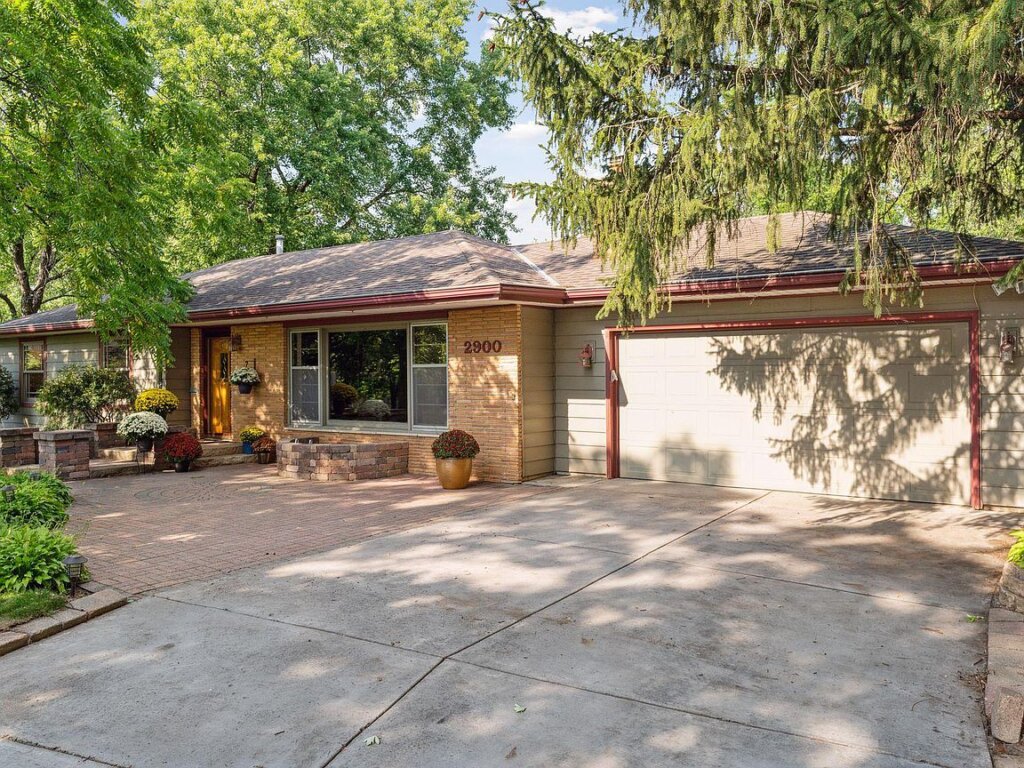
Real estate is one of the most significant investments that most people will make in their lifetimes. For various reasons, some homeowners may find themselves unable to meet their mortgage obligations. If these obligations are not met, the lender may initiate a foreclosure process to reclaim the property. Understanding this process, particularly in Illinois, is crucial for homeowners and potential buyers alike.
What is Foreclosure?
Foreclosure is the legal process by which a lender can reclaim a property from a homeowner who has defaulted on their mortgage payments. It allows the lender to sell the property and use the proceeds to pay off the outstanding mortgage debt.
The Foreclosure Process in Illinois: A Step-by-Step Guide
- Missed Payments: The foreclosure process begins when a borrower fails to make several consecutive mortgage payments. In most cases, after missing 3-4 payments, the lender will issue a notice of default.
- Grace Period: The lender is required by Illinois law to provide homeowners with a 30-day grace period to catch up on the missed payments, penalties, and fees. If the homeowner can settle the outstanding amount in this period, the foreclosure process stops.
- Notice of Default: If the homeowner fails to make up the missed payments within the grace period, the lender will file a notice of default with the county recorder’s office. This is an official start of the foreclosure process.
- Lawsuit: The lender then files a lawsuit to obtain court approval to proceed with the foreclosure. The homeowner will be served a summons and a complaint.
- Reinstatement Period: The homeowner has 90 days from being served to resolve the amount owed and stop the foreclosure process. This period is known as the reinstatement period.
- Judgment: If the homeowner does not repay the debt or contest the foreclosure during the reinstatement period, the court will enter a judgment in favor of the lender. This judgment gives the lender the right to sell the property.
- Sale: In the foreclosure process in Illinois, once other avenues of resolution are exhausted and the court has given its judgment, the property enters the phase of a “sheriff’s sale”. This isn’t a typical sale; instead, it’s a public auction where interested buyers gather, and the property is open to bids. The starting point for these bids often encompasses the outstanding mortgage amount, fees, and associated costs. As the auction progresses, participants bid competitively, and the individual offering the highest amount eventually wins. Once the gavel strikes, marking the end of the auction, the highest bidder emerges as the new legal owner of the property. This transfer of ownership is not just a change of hands; it signifies the culmination of the foreclosure process, and for the original homeowner, it marks the end of their ownership rights to that property.
- Right of Redemption: In Illinois, homeowners have a ‘right of redemption’. This means that after the property has been sold, the original homeowner has a specific period (usually 90 days) to buy back or “redeem” the property by paying off the full mortgage amount, including all penalties and fees.
- Eviction: Eviction, in the context of Illinois property law, is the legal means by which a new owner, typically after a foreclosure, can regain possession of a property from its previous owner or tenant. Once the foreclosure concludes and a property is auctioned off in a sheriff’s sale, the new owner is entitled to start the eviction process if the property remains occupied. Initially, they must issue a “Notice to Quit,” giving the occupant a stipulated period (usually 30 days) to leave. If the occupant remains, an eviction lawsuit is filed, leading to a court hearing. Should the court rule in favor of the new owner, law enforcement can be enlisted to enforce the eviction, physically removing the occupant if necessary. Occupants can also present legal defenses to challenge the eviction.
Considerations for Homeowners
- Seek Counsel: If you are facing foreclosure, it’s essential to consult with an attorney who specializes in real estate or foreclosure law in Illinois. They can provide guidance tailored to your situation.
- Mortgage Assistance: Various programs and resources are available in Illinois to assist struggling homeowners. Familiarize yourself with these resources to potentially avoid foreclosure.
- Short Sale or Deed in Lieu: These are alternatives to foreclosure. In a short sale, the lender allows the homeowner to sell the property for less than the amount owed. A deed in lieu of foreclosure involves the homeowner voluntarily giving the property back to the lender.
In conclusion
navigating the intricacies of eviction, especially post-foreclosure in Illinois, requires a keen understanding of both rights and responsibilities. Whether you’re a homeowner, a tenant, or a potential investor, turning to experienced entities like Cardinal Creek Properties can provide invaluable insights and guidance through the process. Their expertise can demystify complexities, ensuring all parties are informed and treated fairly.

